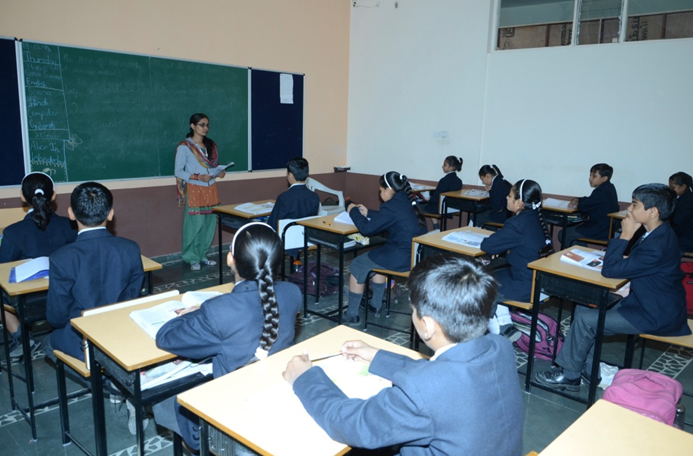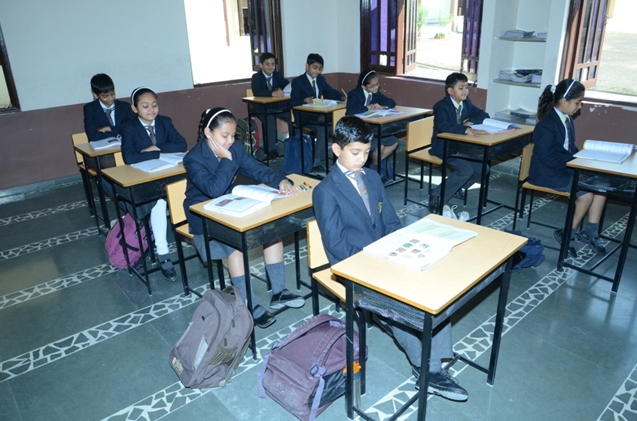Homework ??? As If 7 Hours of Schooling was not Enough!
I have come across dozens of parents whose children are studying in other schools describe to me the intense frustration they feel as they watch their children going through endless homework.
And no wonder:
- The work itself is largely pointless. Students must complete countless contrived worksheets meant primarily to satisfy standards set up by schools themselves for homework volume.
- Their children are overwhelmed, trying to cram this busywork into school bus commutation, while watching TV, between after school activities.
- Parents do not know the material themselves. They are often unable to help, and sometimes they even hinder the children with their own confused instruction.
- There is no sacred family time. Instead, the time for bonding between parents and children is compromised by battles over homework.
- There is no sacred free time; the time the child should be allowed to rest, play, spend time with family and pursue personal interests is compromised by the looming responsibility of performing hours of homework drudgery.

Therefore, The Sunshine International School has a policy of no homework.
Yes, you read that correctly! At The Sunshine International School, the only daily on-going responsibility that will be given to the children outside school hours is to read. Reading is an activity best done alone, in the quiet of the child’s own bedroom. It is a very independent and personal task, and – if it is the right book and taught properly – a very pleasurable one, too.
Math practice is done in class. We give students ample time to learn, practice, and master new concepts under the close supervision of the teacher. Essays are written in writing class. Writing which is one of the most challenging and comprehensive skills a student must learn, demands the constant monitoring and assistance of the teacher; that such disciplines are neglected during the day – and then sent home in a mad-dash effort to get the kids up to speed for standardized testing – is criminal.

It is not surprising that our policy does wonders for parents’ relationships with their children. I will never forget when a parent during one of the PTMs told me, with tears in her eyes: “You have given back our family life.”
But, you might ask, how do our students fare as compared to their homework-laden peers? The level of knowledge and caliber of thinking that our classroom curriculum instills can make our students fare better than their peers.
Students shine because we make efficient use of the school day, focusing on those subjects which are most essential to the cognitive development of the child – because we give students careful supervision in the development of academic skills instead of shunting that task off to parents – because we revere and enjoy the work itself, and the other reason being – presentation of the material in a careful, systematic hierarchical manner, one which
allows the child to grasp and keep the knowledge presented – and because the effect of all of this is intelligent, driven students who love to learn.
As a matter of principle, the school shall not send homework unless it is meaningful and appropriate for the individual student’s needs, current level of understanding and necessity of additional work at home in connection to the current unit being done in school. This policy emphasizes that we expect our teachers to spend their time designing and implementing high quality, differentiated lessons; that we understand that students need to experience rigorous challenging coursework during the day and have quality family time after school; and that many students have additional hobbies and interests after-school that develop other aspects of their lives.
If students are not using time efficiently in class according to appropriately designed expectations, they may receive class-work as homework. The development of good work habits and time management skills is very important in our school. Students will be routinely expected to set and meet deadlines for work completion, and to adjust their pacing to schedules defined by teachers.



